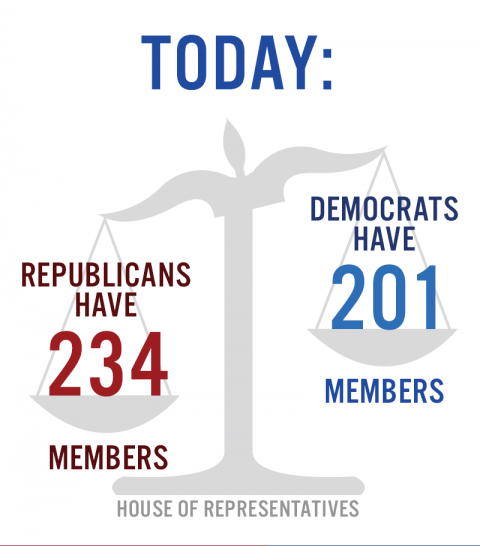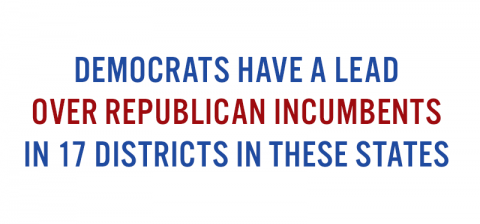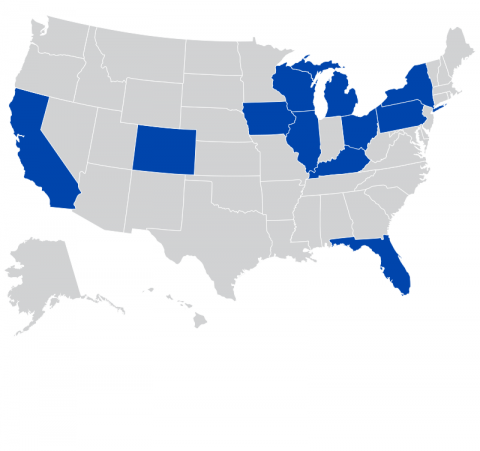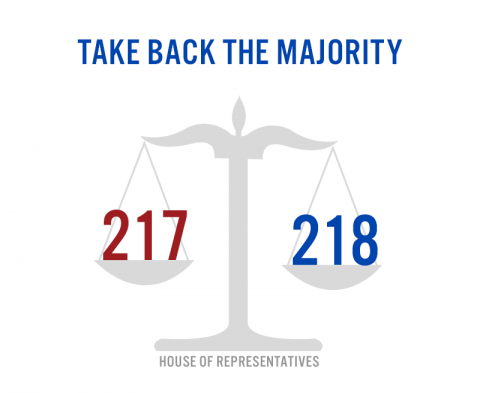At last we have a scientific poll to determine who is the top dog among Republican voters, and the big winner is…undecided.
I know that belies my headline, but an OpinionWorks poll for the Baltimore Sun found 68% of Republican voters hadn’t made their mind up yet. Of those expressing a preference, the poll looks like this:
- Larry Hogan – 13%
- David Craig – 7%
- Ron George – 6%
- Charles Lollar – 5%
Doing some quick math and extrapolating the numbers, the primary would come out like this:
- Larry Hogan – 42%
- David Craig – 23%
- Ron George – 19%
- Charles Lollar – 16%
In other words, I would be pretty close to my 60 percent statement from the other night.
According to the Sun, the poll was taken from 1,199 likely Maryland voters over last week (Saturday through Wednesday.) 499 of them were likely Republican primary voters, with 500 likely Democratic primary voters backing Anthony Brown by a significant 21 point margin over Doug Gansler, with Heather Mizeur just 4 points back from Gansler. (40% are still undecided, though.) Margin of error on both polls is 4.4 points, so in actual terms all four GOP candidates are within the margin of error at this point.
OpinionWorks is the Sun‘s resident pollster, and they recently did a poll suggesting an additional $1 per pack tobacco tax would be acceptable to state voters. (They didn’t call me, or the “no” would have been larger.) Based on their body of work, they would seem to be a more left-leaning pollster, sort of in the same vein as Public Policy Polling. At this point, though, there’s no real reason to suspect they would have their finger on the scale of the Republican race.
Of course, we didn’t get any direct polling of possible matchups, such as Brown vs. Hogan, which is unfortunate because there’s no way to find out whether Larry’s more or less populist, anti-establishment message is selling. He’s been good at criticizing the current lieutenant governor for both actions and inaction, but Hogan hasn’t completely spelled out an agenda on key issues like education and the environment. Does he tack to the center and risk alienating a large portion of his base like his former employer did?
There’s also the aspect of name recognition. Back in November I wrote about a Goucher College poll measuring how well-known the various candidates were. It still seems to track well, given that the Democrats were more well-known at the time and now have far fewer undecided voters. Indeed, a current 28-point difference in undecideds matches up well with November’s 31.7 point name recognition gap between Anthony Brown and David Craig. (Larry Hogan was not part of the November poll.) Once people begin to pay attention to who the players are, the polls will start moving up for the various candidates.
My last observation is wondering whether Hogan’s success is akin to a “convention bump” because he’s announced so recently. A poll taken in March or April will help to determine this. I think Larry is indeed the leading contender, but I don’t think he’s really getting nearly twice as many votes as any of the others in the field – this is why I compared the results to giving up a 3-run homer in the top of the first. As people begin to get to know Larry Hogan on the campaign trail, he will either break the game open or allow the opposition to catch up.







